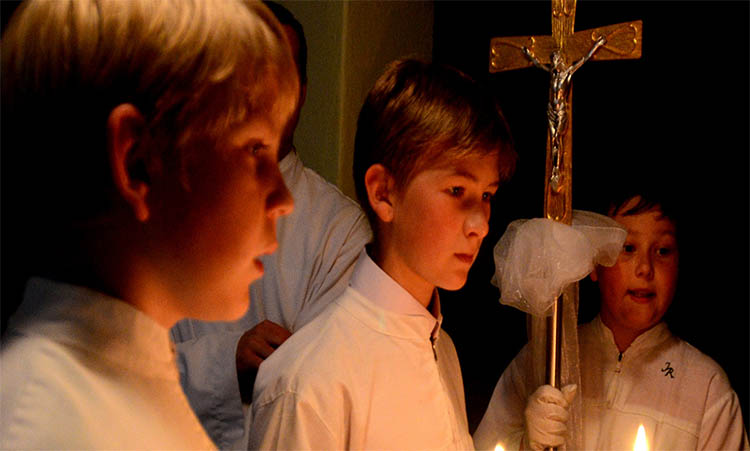Czech Republic
Dear fellow caregivers,
You are welcoming a patient from the Czech Republic.
Here is a list of useful information to know in the context of his medical care.
General Information
Distance Paris – – – > – – – – Prague : 548 miles
10.5 million people / Average salary: $1,511 per month
Literacy rate: 100% / Life expectancy: 79.14 years
Spoken language : Czech
Communication

● The family is the center of the social structure. Obligations and loyalty to the family are of utmost importance.
● Czechs tend to be reserved when it comes to communication and the expression of emotions. It is therefore common to have small discussions during appointments before discussing important issues.
● It is not recommended to say “no” directly. “We’ll see” or “it’s difficult” are more easily accepted formulas.
● Several appointments may be necessary for a Czech to make a decision.
● Czechs greet strangers by meeting them and expect the same in return.
Beliefs, Practices & Rituals

● About 40% of the population is Catholic and 40% consider themselves atheists. The remaining 20% are a mixture of different belief systems.
Eating habits

● The traditional Czech dish consists of pork or beef in a thick sauce with a side dish (usually meatballs or potatoes). This type of food is often high in fat and sodium.
● Many Catholics avoid eating meat on Fridays, especially during Lent. Fish can be a good alternative.
● During Lent, some Catholics fast during the day or avoid eating certain foods.
Pregnancy and motherhood

This section is not yet filled in. Feel free to propose your contribution, respecting the principle of neutrality and citing your sources if necessary. Thank you for your contribution!
End-of-life care

● Czechs may request the presence of a priest to perform Extreme Unction
● Catholics may see death as the passage from this life to eternal life. They are generally confident in the eventual resurrection of all those who have died as believers.
● Treatments that prolong life may be more difficult to accept if they cause widespread fatigue and if attempts to preserve life seem futile.
● Assisted suicide and euthanasia are difficult to accept. Pain medication may be given as long as the intention is to provide comfort.
● The Church does not give guidelines regarding organ donation.
Examples
This section allows us to share experiences. Feel free to share yours with the community.
Sources :
Diversity Toolkit – Cleveland Clinic
